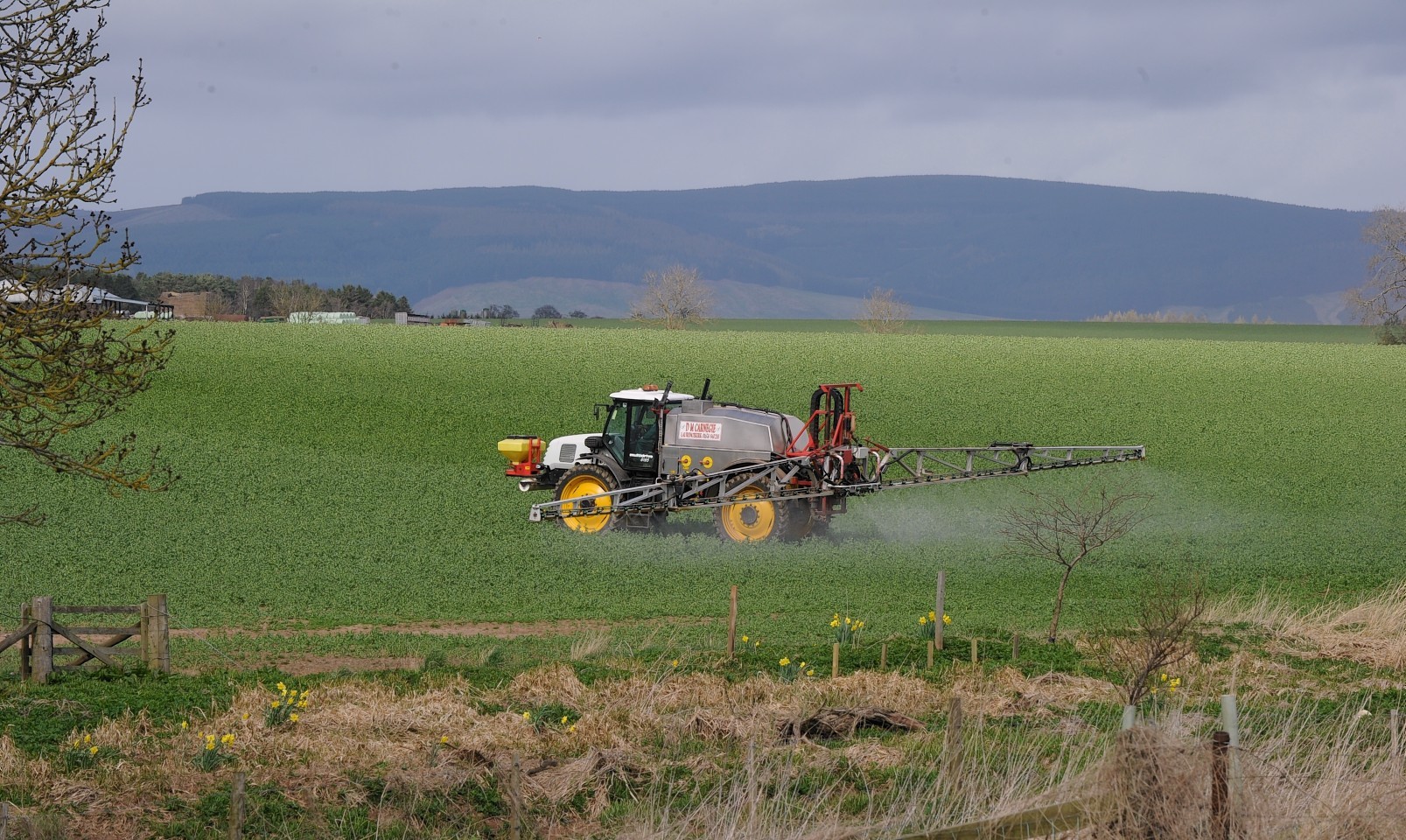Farmers unions from across the UK have joined forces to fight off last minute attempts by anti-pesticide campaigners to thwart the re-registration of the herbicide glyphosate.
Glyphosate is due to go through a routine EU re-registration process in June but is currently facing challenges which are worrying the farming industry.
Glyphosate is widely used in agriculture to control weeds and as a tool to ripen grain; farming unions have estimated that losing the chemical could cost the industry the equivalent of 633million euros (£510million) in time and deterioration in the quality of produce.
The unions have jointly written to the European Commission and key UK members of the European Parliament to urge them to reject efforts by the European Parliament’s environment committee and others to reconsider the re-registration.
Reports by the European Food Safety Authority (EFSA) – the key advisor to the European Union on pesticide safety – and the Federal Institute for Risk Assessment in Germany concluded that glyphosate was unlikely to pose a carcinogenic hazard to humans. But anti-pesticide campaigners and some politicians have sought to dismiss the science about glyphosate’s safety, and have instead called for further research.
One of the signatories on the letter to the EU, NFU Scotland (NFUS) president Allan Bowie described glyphosate as a “hugely important part of farmers’ toolboxes”.
“The best available science says it’s safe. We must be led by that and not the campaigning rhetoric of a few anti-science voices who care little about food production and price,” he said.
“NFU Scotland trusts that the European Commission, MEPs and many member states will see through the rhetoric from the anti-science lobby, and re-register glyphosate at the earliest possible opportunity. Failure to re-register glyphosate would be a huge blow for science-led decision making in the European Union, and would not stop the importation of non-EU products grown with the use of glyphosate.”
Pekka Pesonen, the secretary general of the European farmers union, Copa and Cogeca, said he expected the EU Commission to extend the authorisation after EFSA’s approval.
“Without this, cereal crops as well as vineyards, fruit and olive production across Europe would be seriously threatened. This would be unacceptable given the current agricultural crisis and the need to meet growing world food demand. Chemical control is also a prerequisite for some farming practices such as no-till and minimum-tillage, contributing to less greenhouse gas emissions and soil erosion,” he said.
